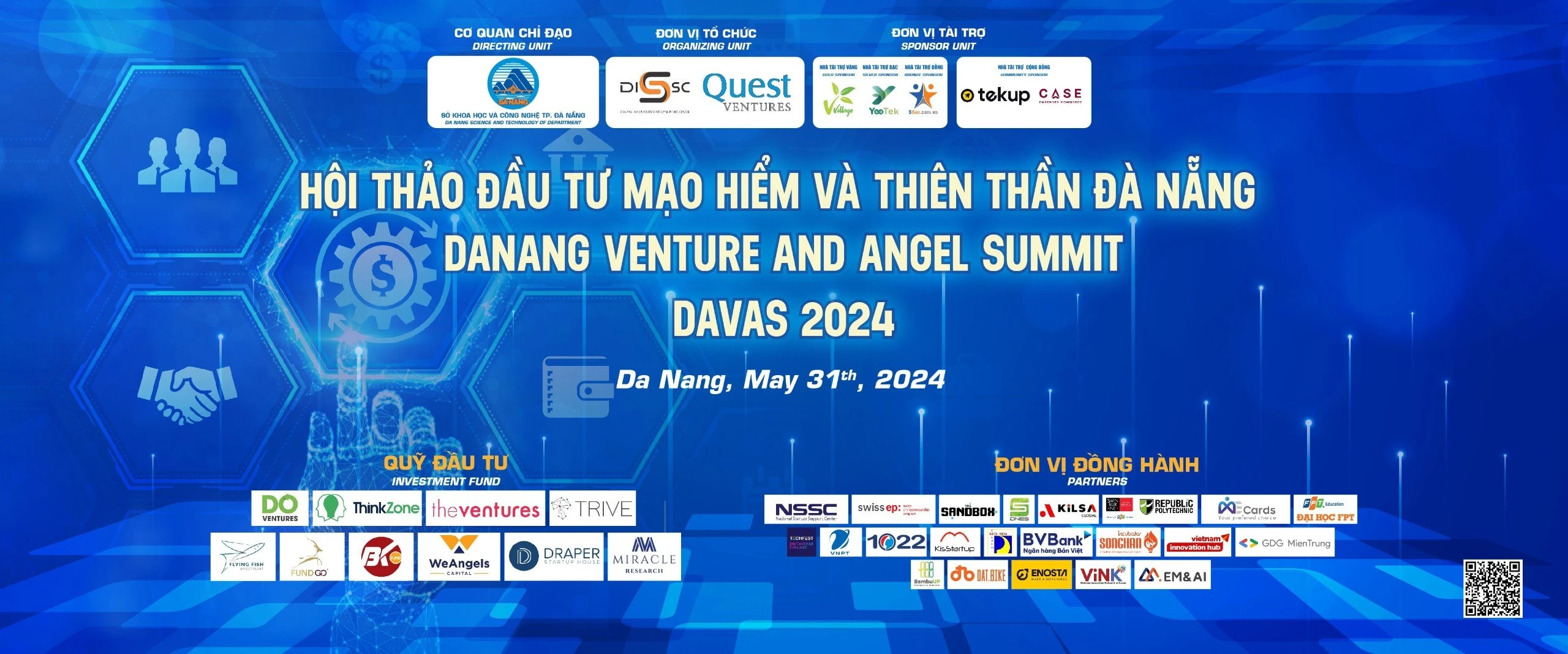The most important point to understand is that incubators typically help early-stage founders develop and launch their companies, while accelerators speed up the growth of later-stage businesses. Beyond this distinction, the options for specialization are virtually limitless. Below are some points to consider when deciding on the right program for your startup.
Location
According to a report by Ian Hathaway, a senior fellow at the Brookings Institution, as of 2018, there were nearly 1,300 accelerator and incubator organizations worldwide. While New York City and Silicon Valley have a dense concentration of accelerator and incubator programs, smaller cities like Austin, Boulder, Cincinnati, and even Boise are also home to various established programs.
Workspace
Startup accelerators and business incubators often provide participants with a designated working space. Additional amenities—such as 3D printers, fabrication labs, and laboratories—may vary depending on the program, but both incubators and accelerators typically allow participants to access these tools to some extent.
Dr. Susan Amat, Vice President of Education at the Global Entrepreneurship Network (GEN), stated: “You might have an amazing lab, but if you’re only allowed to use it two hours a week, then it’s not going to be effective.” GEN, headquartered in Arlington, Virginia, runs programs and projects that help people start businesses or scale their ventures in 170 countries. Ultimately, both business incubators and accelerators usually provide space for networking events—though these gatherings have recently moved online due to the COVID-19 pandemic.
For example, Lunar Startups, based in St. Paul—a facility focused on startups founded by people of color, women, veterans, LGBTQ individuals, and indigenous communities—is currently using virtual conferencing to stay connected with its teams.
Structure
Thomas Korte, co-founder and general partner of AngelPad, said that startup accelerators often have structured programs for participants. In contrast, incubators tend to operate more like coworking spaces, where founders can come and go as they please. Steve Hoffman, CEO of the incubator and accelerator Founders Space, said: “Incubators are for startups at a very early stage, sometimes just at the idea phase that founders want to nurture. Accelerators, on the other hand, are for companies that are further along… They already have an idea and a product in beta testing.”
Specialization
Hathaway noted that many incubators and accelerators today focus on a specific industry or niche market. A specialized program can better connect entrepreneurs with potential customers and sector-specific advisors. Additionally, many accelerators and incubators collaborate with large corporations in these specialized programs. For example, Chobani operates a food and beverage incubator in New York, while Boomtown runs a healthcare tech accelerator in Boulder, focused on patient safety and funded by the medical liability insurer COPIC.
Network Connections
The accelerator 500 Startups, based in San Francisco, promises participants access to a network of over 3,000 founders and 200 advisors. This kind of networking—including access to alumni, mentors, investors, and marketing professionals—is a core service of both incubators and accelerators. However, networks are not “one-size-fits-all.” Founders should ensure they are connecting with experts who are aligned with their field. Therefore, Dr. Amat advises entrepreneurs to understand what they need and focus on what they know best.
Connecting with Investors
Many business incubators and accelerators conclude their programs with a Demo Day or pitch presentation, where participants have the opportunity to refine their funding pitches and secure investments.
For instance, Techstars, which runs 29 accelerators across the United States, frequently hosts Demo Days for its participants. Similarly, when Target operated a business incubator focused on Generation Z last summer in Minneapolis, they organized a three-day conference as part of their Demo Day.
Many of these events have transitioned to online formats, leading to a marked increase in investor attendance unrestrained by location. For example, 2,500 investors registered for the virtual Demo Day hosted by 500 Startups on March 26, significantly up from 1,850 attendees the previous year.
Equity
Many accelerators take equity in a company in exchange for funding, while business incubators typically do not. Techstars, for instance, offers up to $120,000 for 6% equity in a company. However, David Brown, the founder and CEO of Techstars, has stated that founders can pay back the funding and reclaim their equity if they are dissatisfied with the experience. He mentioned that only about 1% of Techstars participants choose to buy back their equity.
Advice
Think of choosing a business incubator or accelerator like selecting a college to attend: most programs are tailored to specific industries, and some programs are more rigorous than others.
Founders looking to launch or scale their businesses have numerous options available to them today. The primary challenge is accurately identifying what they want.
Source: National Agency for Science and Technology Information and Statistics


